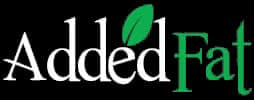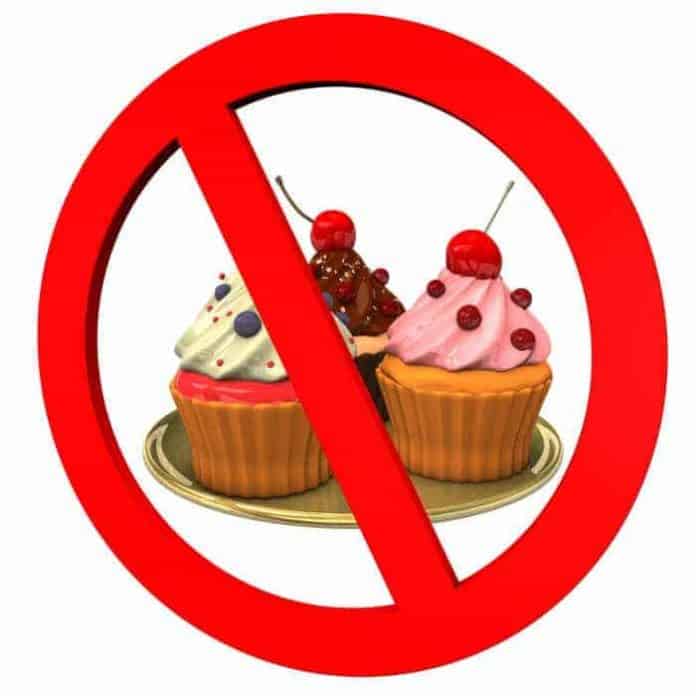Zero Carb, also known as no carb is a diet that doesn’t include any carbohydrates. This diet promotes fat as the main source of energy for the body along with protein. The Zero Carb diet is a ketogenic diet, as it leads the body to a state of nutritional ketosis. In this state, the dietary and body fat is converted into ketone bodies. These are then used to fuel different parts of your body that can’t oxidize fat for energy.
However, some body parts still need glucose, which is regulated by the liver and supplied by a metabolic process called gluconeogenesis.
In simple words, a Zero Carb Diet can be made up of animal sourced fatty foods, and it may contain a moderate to high intake of fat and proteins. Even though it’s not prescriptive, it only limits the carbohydrates.
Table of Contents
How it Works?
When digested, all carbohydrates, except resistant starch and fibers, turn to glucose by the liver, whether you eat fruits, legumes, grains or starch. Since the glucose from carbohydrate is no longer available, the body starts to burn fat, and depending on how much dietary fat you eat, this will boost weight loss.
If you have read about low carb or ketogenic diets before, you have probably seen it stated that these are high fat diets. However, if you are obese, and have a lot of fat to loose, your weight loss will be faster if you don’t overdo it when it comes to ingesting fat. You should eat fat, it is healthy, but not necessarily obscene amounts when you still have body fat to loose.
As glucose quickly runs out and energy supply is almost depleted, the body resorts to using fat as its main source of energy. It doesn’t matter whether the fat being burned is being consumed or was already stored in your body.
In a ketogenic diet, there is low to no source of glucose for the body, and as things stand, the body becomes a fat burning machine. The ketogenic diet also has other benefits. It can be used to treat epilepsy and it can eliminate the risk for diabetes.
In a ketogenic diet, usually about 70-80 percent of calories come from fat, 20-25 percent is protein, and only 5 percent is carbohydrates. The ketogenic diet focuses on lowering carbohydrate sources, while increasing fat and protein intake. In most cases, this works well, but in some, it fails to please. This is because everyone is different.
A Zero Carb diet however, carbohydrates are eliminated altogether (or as close to zero as possible). This leaves us with only fat and proteins, usually in a ratio of 70/30 – 80/20.
Benefits of a Zero Carb Diet
Rapid Weight Loss
This diet helps with rapid weight loss without making you feel hungry or have you count calories. According to studies, zero carb is the most effective way to lose weight. It helps to lower the Glycogen storage and prevents insulin from being released and store fat. With this diet, the body uses up its stored glycogen, and when there is no more, the body reverts to burn stored and dietary fat.
Improves Cognitive Function
Studies have shown that low carb and/or ketogenic diets can enhance memory, improve cognitive impairment, less depression, and give a more stable mood.
Reduces the Risk of Metabolic Syndrome and Heart Disease
The Zero Carb Diet is proven to control the risk of Metabolic Syndrome and Heart Disease. According to studies, this diet is the most effective and sustainable way to eliminate the risk as compared to other ways.
Lowers the Risk of Type 2 Diabetes
This diet is comparable (and better) than your traditional low-fat, high carb diet which claims to help weight loss, but doesn’t in the long run. The Zero Carb Diet also improves diabetic dyslipidemia along with metabolic syndrome. It controls blood pressure, insulin secretion and postprandial glycemia.
Fights off Cancer
Cutting carbs/sugar out of your diet may help to fight cancer. Your chances of getting cancer are also less, because a this diet doesn’t allow for processed foods. Moreover, as your immunity improves, the oxidative stress is relieved.
No Food Craving
With a Zero Carb Diet, you are not deprived of tasty foods, and fat and protein are much more filling than carbs, and unlike when eating carbs, you will not be hungry again a few hours later. It is not unusual to forget to eat when you are only consuming fats and proteins.
What to eat – Zero Carb Foods
- Meat – Beef, lamb, pork, chicken, bacon
- Eggs
- Fish / Seafood
- Dairy – Cheese, heavy whipping cream
- Butter, extra virgin olive oil, coconut oil
- Beverages – Water, coffee, unsweetened tea
- Spices (careful with premade mixes, they often contain sugar)
What to expect
In the beginning you will most likely experience some unpleasant symptoms. This is the adaptation period, also known as the “keto flu”.
How long this lasts, varies. For some it takes 1-2 weeks, for others it can take months. Even if you were on a ketogenic diet before starting the zero carb diet, you would probably have some symptoms, but maybe not as bad as someone coming from the SAD (standard American diet).
These symptoms may include:
- Fatigue
- Diarrhea
- Headaches
- Light-headedness
- Muscle cramps
- Nausea
- Bad breath (aka Keto breath)
- No appetite
One thing that may help relieve some of the symptoms (headache, muscle cramps) is salt, preferably sea salt or Himalayan salt. This is because you flush a lot of water in the beginning, and with it also electrolytes.
FAQ
How much should I eat in a day?
This varies, it could be anywhere from 1-4 lbs of meat, eggs, cheese, etc. per day. Usually you will be hungrier in the start of the diet, and as the body heals you will get less hungry over time.
Can you gain weight with no carbs?
Yes. Some will gain weight in the beginning of a very low/no carb diet. This is usually because they come from eating high calorie, but low nutrient foods, so when adding more meat, which contains a lot of nutrients, you body starts to heal, and muscle mass increases. This is a good thing, so just hang in there, the unwanted weight will come off eventually.

